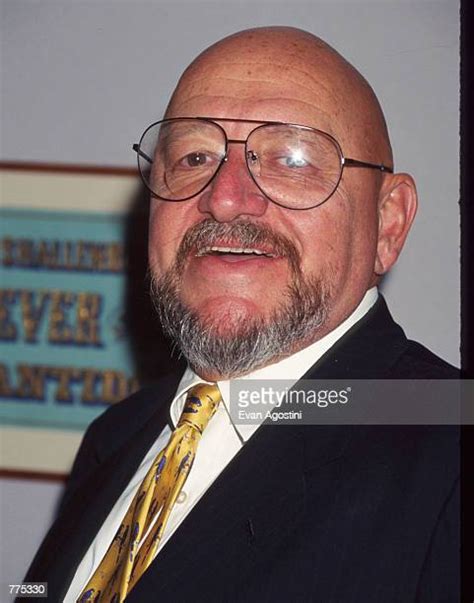A Quote by Ron Johnson
I don't like outside group ads. I don't like attack ads. I particularly don't like them now that I'm in the process and they are being used against me.
Related Quotes
When you're reading a newspaper and you're seeing ads on the page, it's not kind of invasive. Like, it's on the page next to the article. You can look at it or not. You can turn the page when you're ready. On the internet, the ads - many of the ads - just are so controlling. They insist that you see them.
I have to match wits with the ads. Like, there's pop-ups that, like, move around and you have to chase them like it was a video game or something. And then there's ads where, like, you know, the X to, like, close the ad screen is so kind of small that you can't find it and you have to actually go looking for it. And so I spend all my energy - instead of, like, absorbing what the advertiser wants to communicate to me, I spend my energy trying to figure out how to defeat the ad.
I see The Gap ads as being a great example of how branding has changed. Those Gap campaigns are pop culture. They've been incredibly powerful. They have had the kind of effect on culture that a hit band has. Just look at The Gap's Khaki swing ads, which were music videos. They had this tremendous impact on the industry - suddenly everything started looking like Gap ads and it became difficult to know who was co-opting whom and who was creating culture.
Back when I was a kid, I used to tear pages out of magazines and stick them on my bedroom wall - I had the Eternity ads on my wall and the CK One ads. My whole childhood, those were on my wall, and cut to 20 years later, being asked to be the face of one of Calvin Klein's new fragrances is kind of surreal.
During the Second War, the U.S.O. sent special issues of the principal American magazines to the Armed Forces, with the ads omitted. The men insisted on having the ads back again. Naturally. The ads are by far the best part of any magazine or newspaper. More pains and thought, more wit and art go into the making of an ad than into any prose feature of press or magazine. Ads are news. What is wrong with them is that they are always good news.
Targeted ads, I think, are useful because I don't want to see all the crap. I'm not interested in buying a Mercedes Benz, but I am interested in buying a new MacBook Air. So if organizations like Facebook can actually make the ads more relevant to me, if they know what I am interested in, I have no problem with that.
































